Brain tumour boy Ashya King free of cancer, parents say
- Published
- comments
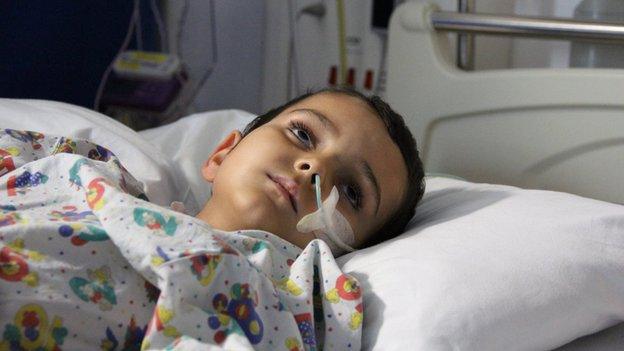
Ashya King was being treated for brain cancer in Southampton before his parents took him out of the UK
The parents of five-year-old Ashya King, who were detained after taking him abroad for brain tumour treatment, say their son is now free of cancer.
Brett and Naghemeh King were held in prison in Madrid last summer after taking their son from hospital in Southampton against medical advice.
They took him to receive treatment in Prague that was unavailable in the UK.
The NHS Trust that treated Ashya has declined to comment on his current condition.
Mr King has told the Sun newspaper, external a recent scan showed "no evidence" of the tumour.
Mr and Mrs King took Ashya out of Southampton General Hospital last August, after disagreeing with doctors about his treatment and deciding to seek proton beam treatment abroad.
They took him to Spain but were arrested at the request of the British authorities and held in Madrid's Soto Del Real prison.
The couple were kept in the jail for more than 24 hours before being released when efforts to extradite them to the UK were abandoned, with prosecutors saying they were happy any risk to Ashya's life "was not as great or immediate as... originally thought".
.jpg)
Naghemeh and Brett King spent more than 24 hours in prison in Madrid
Ashya had been diagnosed with a medulloblastoma, a type of brain tumour, which was successfully removed by surgeons in Southampton on 24 July. He then had a further operation on his brain on 22 August.
As a result of these procedures he was unable to speak, unable to eat or drink on his own and relied on a food pump.
In order to help prevent a return of the tumour, his parents wanted him to be given proton beam therapy - a treatment the NHS does not provide in the UK, although it does refer patients to other countries for treatment.
Proton therapy uses a form of radiation that targets cancer cells while leaving healthy tissue virtually untouched.

An expert's view
It is very gratifying to hear that he is in remission, and if time goes on and he holds that remission, hopefully that equates with cure.
I do not agree that he could not have been in a similar situation had he had orthodox X-ray radiotherapy, which is going on to a very high standard in all the departments in this country.
That's not to say there are no advantages of protons, but I think we could have achieved the remission he is in now with standard radiotherapy.
This country sends approximately 150 selected children to the United States for proton beam radiotherapy every year, so we recognise the advantages and send that number of children abroad for protons.
To the credit of the NHS, we are funding two cyclotron-based proton systems for this country, in London and in Manchester.
Dr Nick Plowman, senior clinical oncologist at Great Ormond Street children's hospital, talking to BBC Radio 4's World At One

Iva Tatounova, of the Proton Therapy Centre in Prague, said news of the recent scan was "fantastic".
"It's what we've all be working towards," she said.
Ms Tatounova said the news had showed the efficacy of proton therapy "in cases of kids who do need irradiation".
University Hospital Southampton NHS Foundation Trust said it would be up to Ashya's clinical team in Spain or independent expert oncologists to comment on his current condition and the validity of the claims.
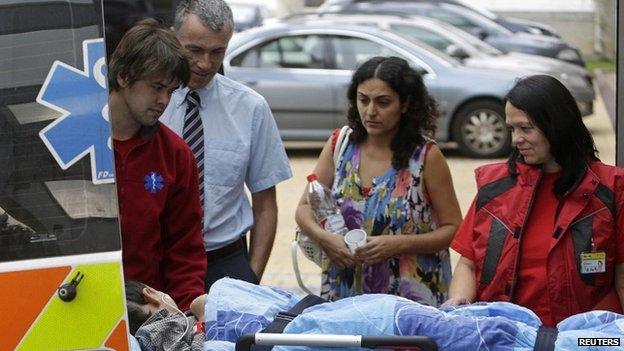
Ashya was taken to a hospital in Prague on 9 September, the week after his parents were in jail
It previously said Ashya's chances of recovery with regular treatment had been "very good" and there would have been "no benefit to him of proton radiotherapy over standard radiotherapy".
Dr Pete Wilson, chief paediatrician at the hospital, told the BBC at the time: "Refusing treatment for a child is exceptionally serious. This is a young lad who has a very, very good chance of survival if he receives rapid treatment."
But Mr and Mrs King took their son from the hospital to Spain, where they have a holiday home, and arranged treatment at the Proton Therapy Center in Prague. While they were in prison in Madrid, Ashya was being treated at a hospital in Malaga.
The Proton Therapy Center said last September it had received full medical reports from Southampton Hospital and that Ashya was required to undergo two cycles of chemotherapy before he could receive the proton treatment.

It uses charged particles instead of X-rays to deliver radiotherapy for cancer patients
The treatment allows high energy protons to be targeted directly at a tumour, reducing the dose to surrounding tissues and organs
In general, it gives fewer side-effects compared to high energy X-ray treatments
It can be used to treat spinal cord tumours, sarcomas near the spine or brain, prostate cancer, lung cancer, liver cancer and some children's cancers
In December 2011, the UK Department of Health said that proton therapy will be made available for patients in London and Manchester from 2018

He arrived in the Czech Republic on 9 September, six days after his parents were released from prison.
In an interview with the Sun, Mr King has said his son is free of cancer, recovering at the family's Spanish home, starting to speak again and enjoying playing with his brothers and sister in a nearby park.
Mr King told the newspaper: "It's incredible news. We are absolutely delighted. It has justified everything we have gone through because things are working out for Ashya."
- Published31 August 2014
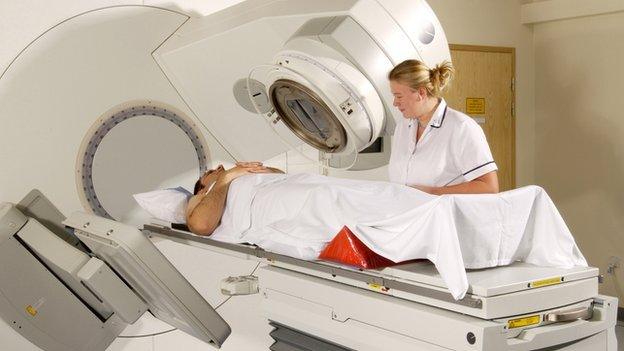
- Published9 September 2014
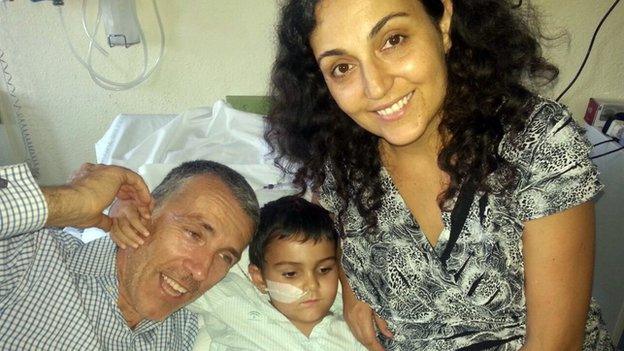
- Published3 September 2014
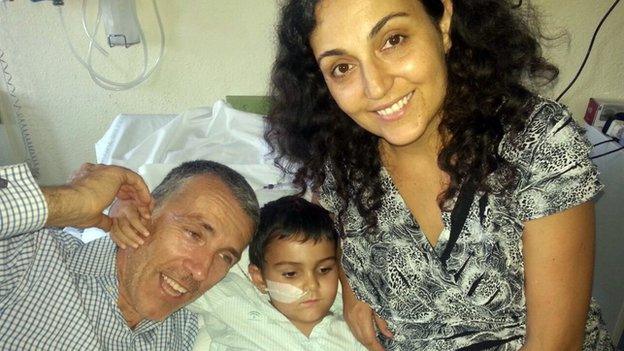
- Published3 September 2014

- Published3 September 2014
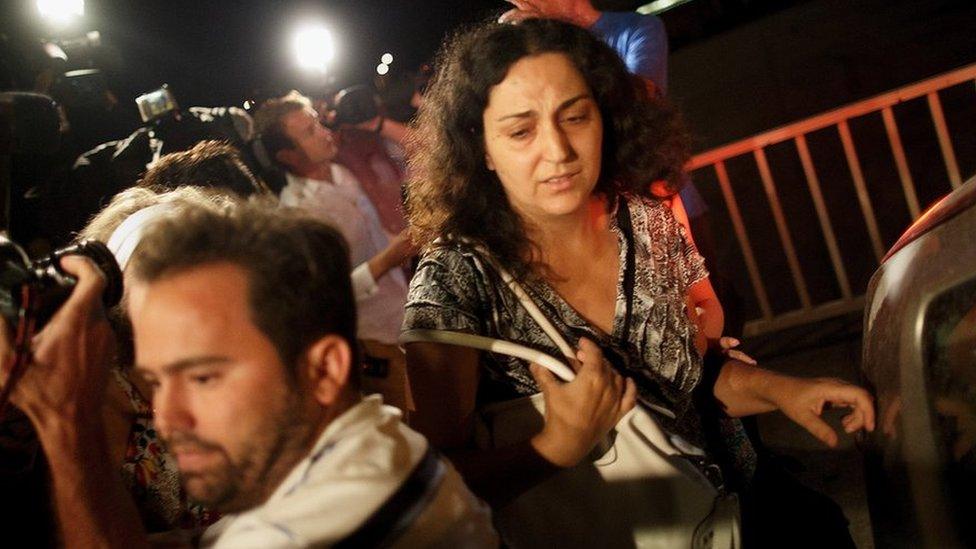
- Published3 September 2014
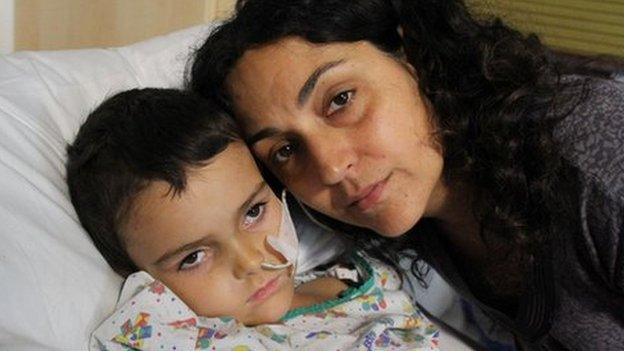
- Published3 September 2014
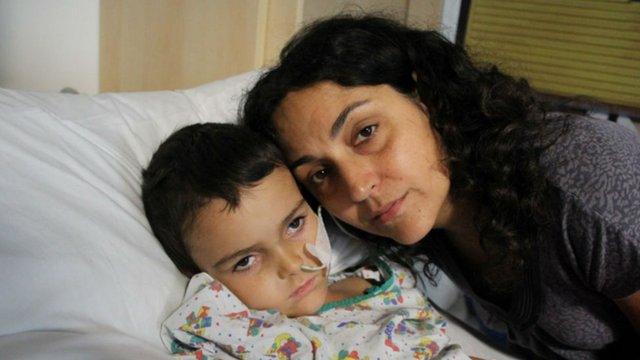
- Published2 September 2014
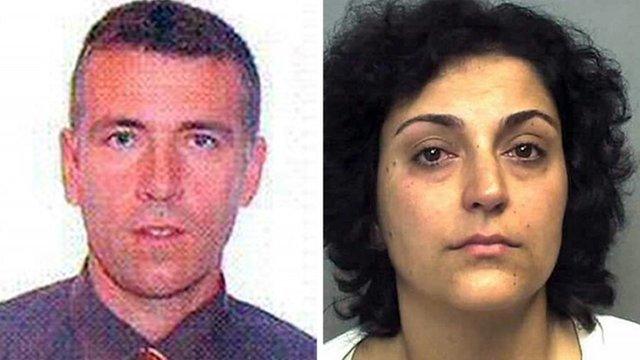
- Published2 September 2014
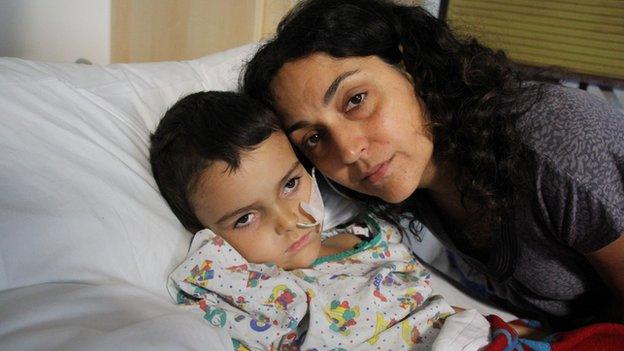
- Published2 September 2014

- Published31 August 2014
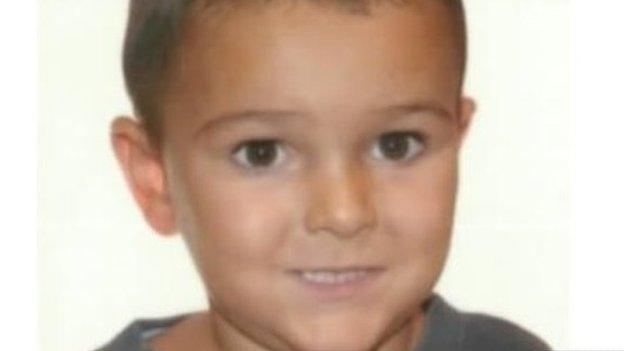
- Published30 August 2014
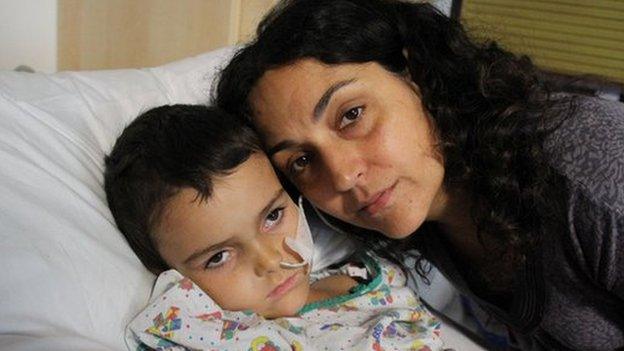
- Published29 August 2014
